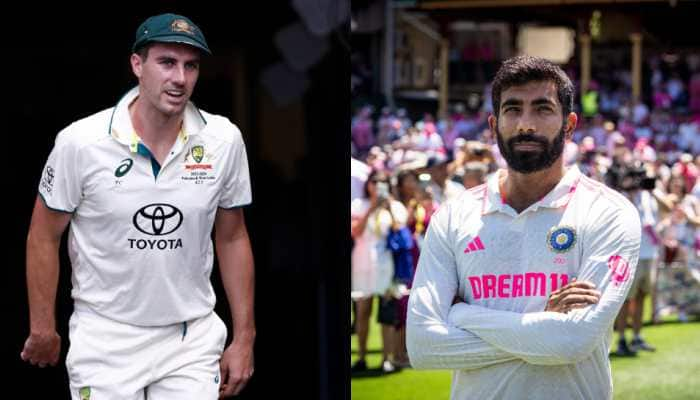Turkey hosts Gallipoli ceremonies 100 years on
Turkey on Friday hosts world leaders to commemorate the centenary of the World War I battle of Gallipoli, sending out a message of reconciliation -- and patriotic pride over one of the most dramatic Ottoman victories of the war.
Trending Photos
)
Gallipoli: Turkish President Recep Tayip Erdogan on Friday hosted leaders from the former Allied powers of World War I to pay tribute to the tens of thousands killed in the Battle of Gallipoli 100 years after one of the most wasteful yet emblematic campaigns of the conflict.
Turkey has made every effort to send a message of reconciliation in the anniversary but is wary of it being overshadowed by the centenary commemorations of the mass killings of Armenians in the Ottoman Empire also taking place Friday.
"We paid a high price for the Gallipoli victory. Yet we should not forget that we owe our current independent state to that spirit and perseverance that we showed," Erdogan said in a message ahead of the ceremonies.
Leaders including Prime Minister Tony Abbott of Australia, New Zealand Premier John Key, as well as the heir to the British throne Prince Charles and his son Harry arrived for the ceremonies at cemeteries on the Gallipoli peninsula on Friday.
On Saturday, the focus will be on the dawn services to remember the estimated 8,700 Australian and 2,800 New Zealand soldiers who lost their lives thousands of miles from home in a sacrifice that helped forge their national identity and is still remembered as Anzac Day on April 25.The nine-month battle saw German-backed Ottoman forces resist Allies -- including Australian, British, French, Irish, Newfoundland, New Zealand and Gurkha troops -- trying to seize the peninsula on the western edge of Turkey to break through to take Constantinople and knock the Ottoman Empire out of the war.
The final surviving Allied troops would be evacuated from Gallipoli in January 1916 after a campaign that became a symbol of wasteful failure in World War I where many were killed by disease as well as fighting.
Thousands of Australians and New Zealanders have made the long journey to join the tributes to their forefathers, milling around the ferry docks where souvenir sellers offered scarves and T-shirts promoting the modern day friendship between the ex-foes.
"It means so much to come back and give them the respect they (the troops) deserve," said Marjorie Stevens, 87, from Adelaide in Australia, who had been planning the long trip for 12 months.
"It`s hard to keep back the tears and it`s so important to keep the link to the past."
Estimates of the numbers killed in the conflict differ, but most sources say at least 45,000 soldiers lost their lives on the Allied side and a higher number of around 86,000 on the Ottoman side.
"Our friendship proves that when the battle is over, when the wounds have healed and when the ground has cooled, warriors can see their enemies` virtue," Abbott said at a conference in Istanbul ahead of the ceremonies.
World War I ended in defeat for the Ottoman forces and their German allies and the over half millenium-old empire would disintegrate soon after.
But the battle is of huge importance for Turks as the troops` resistance helped lead to the creation of the modern Turkish state in 1923.
A key Ottoman commander at Gallipoli was a lieutenant colonel named Mustafa Kemal, later known as Ataturk, who would emerge as the founder of the Turkish Republic and who remains its national icon.The juxtaposition of the dates of the Armenian killings and Gallipoli campaign has aroused heavy emotions, with Armenians accusing Turkey of shifting the main Gallipoli event forwards by one day from Saturday to Friday to deliberately overshadow Yerevan ceremonies.
The Gallipoli land campaign began on April 25 when the Allied troops launched their land attacks on the beaches of the peninsula. Armenians mark the start of the massacres on April 24 when Armenian leaders and intellectuals were rounded up in Constantinople.
Armenia says some 1.5 million Armenians were killed in a campaign of genocide by the Ottoman authorities to wipe out their people. But Turkey has always resisted the term genocide, sticking to its line with even greater vehemence ahead of the anniversary.
While Turkey has boasted that about two dozen heads of state are attending the Gallipoli ceremonies, several key leaders including French President Francois Hollande and Russian President Vladimir Putin have opted to be at the Yerevan commemorations instead.
Stay informed on all the latest news, real-time breaking news updates, and follow all the important headlines in india news and world News on Zee News.
Advertisement
Live Tv
Advertisement







)
)
)
)
)
)
)
)
)
)
